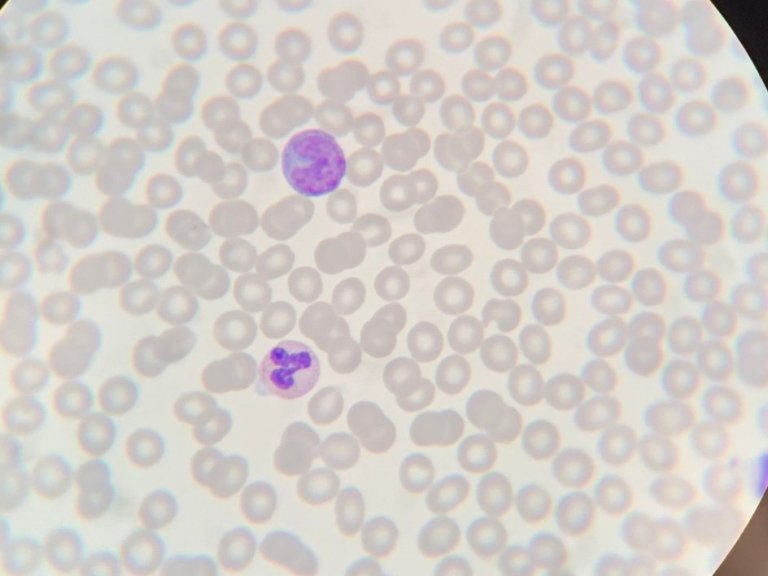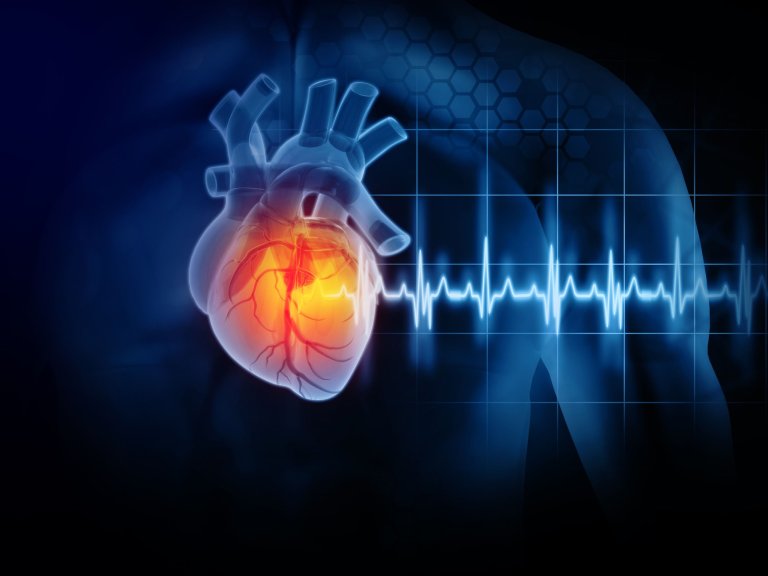With over 55 million patients worldwide, 75% of which are undiagnosed, dementia is among the world’s largest health care challenges. As part of the Dutch National Dementia Strategy, the large-scale research consortium entitled TAP-dementia launches today. TAP refers to a Timely, Accurate and Personalised diagnosis. Different brain diseases can cause dementia and identifying the cause is complex. This means that it often takes years before a diagnosis is made, if one is even made at all.
Good and Accurate Diagnosis
"People can often spot something going wrong with their loved ones but they can't work out what is wrong. Perhaps they may just think 'oh, he's grumpy lately' and this can lead to irritation. A diagnosis allows people to understand what is happening to themselves or those close to them, and how to best deal with that,” says van der Flier.
Therefore, a good diagnosis is essential in facilitating appropriate care and treatment. Knowing the cause of signs and symptoms is also important for patients and families. This lets them know what to expect and how best to deal with signs and symptoms of the disease. "It can also help with the organisation of care, for example, day care,” adds van der Flier.
Importance for drug development
An accurate diagnosis is also the starting point for developing effective treatment strategies. Over the past decades, the diagnosis of Alzheimer’s disease has improved considerably due to the availability of reliable biomarkers. TAP-dementia aims to improve scalability and accessibility of Alzheimer's diagnosis and focuses on the diagnosis of other types of dementia, such as vascular dementia, frontotemporal dementia, and Dementia with Lewy bodies.
“In addition, we focus on mixed pathology, or the co-occurrence of more than one brain disease in the same person. Because we know this is very common,” says van der Flier, project leader of TAP-dementia. TAP describes the attributes of a good diagnosis: Timely (not too early and not too late), Accurate (precise and reliable), and Personalised (fitting with wishes and needs of patients and families).
Five projects
The ten collaborating organisations will work together on five projects. TAP-dementia studies how diagnoses fit best with the wishes and needs of patients and their families. Promising diagnostic tests for different types of dementia are evaluated in clinical practice. Finally, TAP-dementia develops novel tests, with the goal to refine the diagnosis and identify disease processes more precisely. In this way, the diagnosis of Alzheimer’s disease and other types of dementia is improved.
Experience of people with dementia
Within the consortium, patients with dementia and their families play an important role. They know the diagnostic trajectory better than anyone and know where there is room for improvement. A group of people with dementia and their families will help the researchers stay on track, and to ensure that results will be used in clinical practice.
National collaboration
TAP-dementia is a Dutch national consortium, led by Amsterdam UMC. The five Alzheimer centres (Amsterdam UMC, Erasmus MC, University Maastricht, RadboudUMC, UMC Groningen), UMC Utrecht, Vrije Universiteit Amsterdam, Elisabeth TweeSteden Ziekenhuis, Vilans and the Dutch Memory Clinic Network collaborate in this consortium.
National Dementia Strategy
As part of the National Dementia Strategy 2021-2030, the Dutch Ministry of Health, Welfare and Sport has recommended to intensify research efforts, with attention for the causes of dementia, diagnosis, early onset dementia, prevention, and innovative treatments of dementia. TAP-dementia is one of the consortia launched under the umbrella of the National Dementia Strategy, as part of Dementia Research Program from the The Netherlands Organisation for Health Research and Development (ZonMW).




